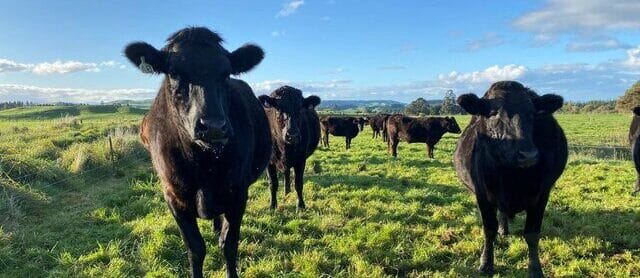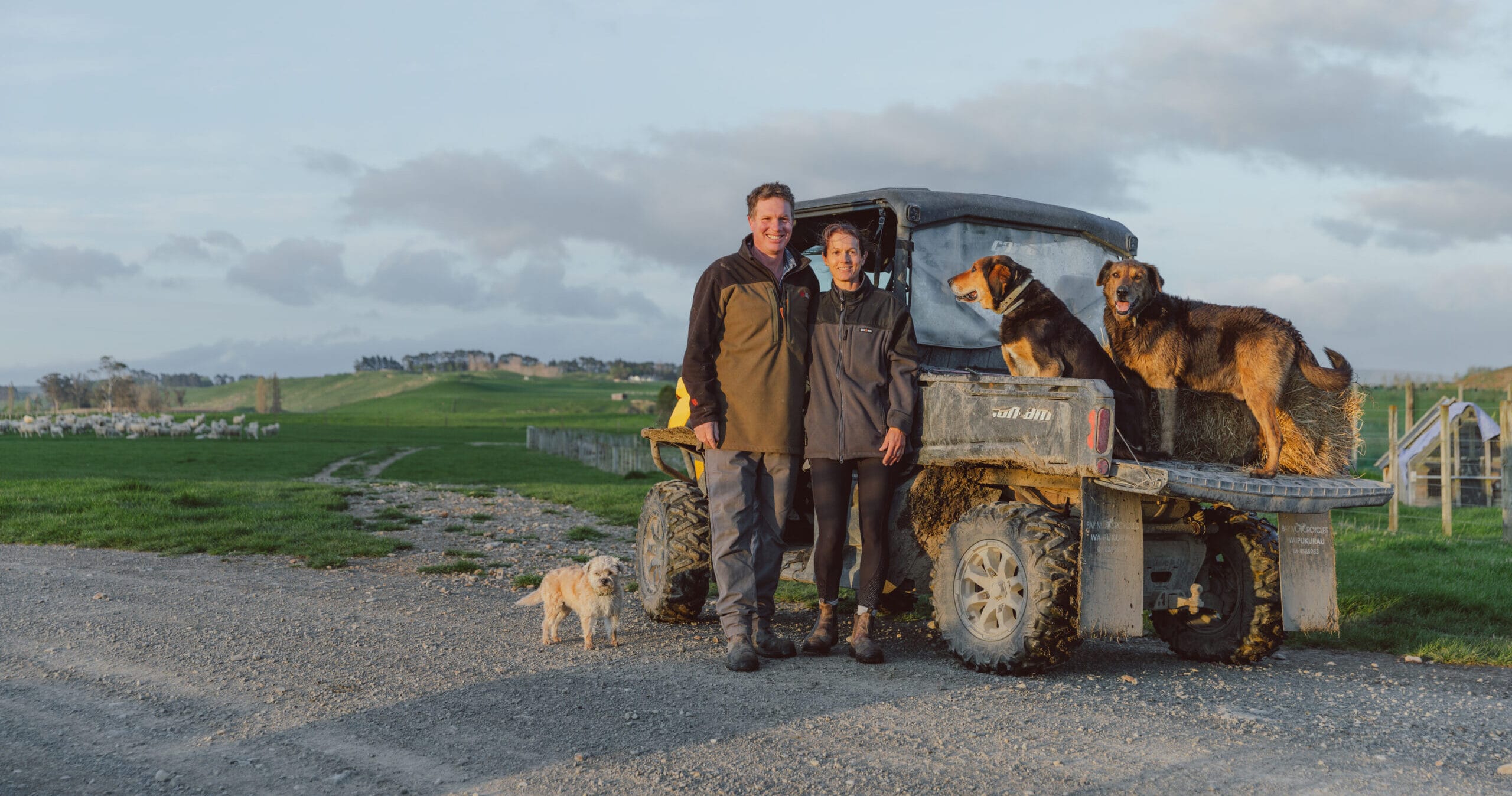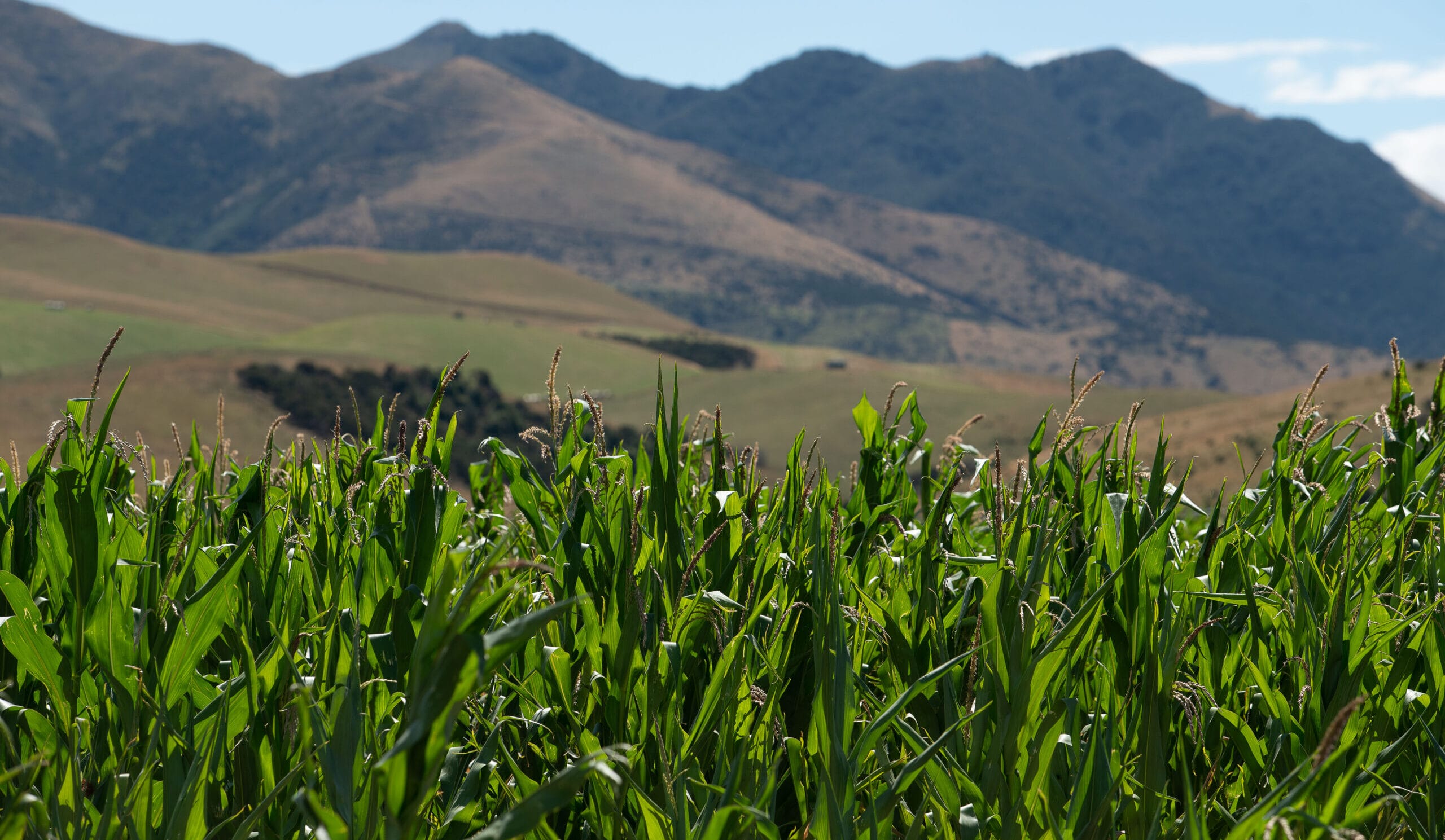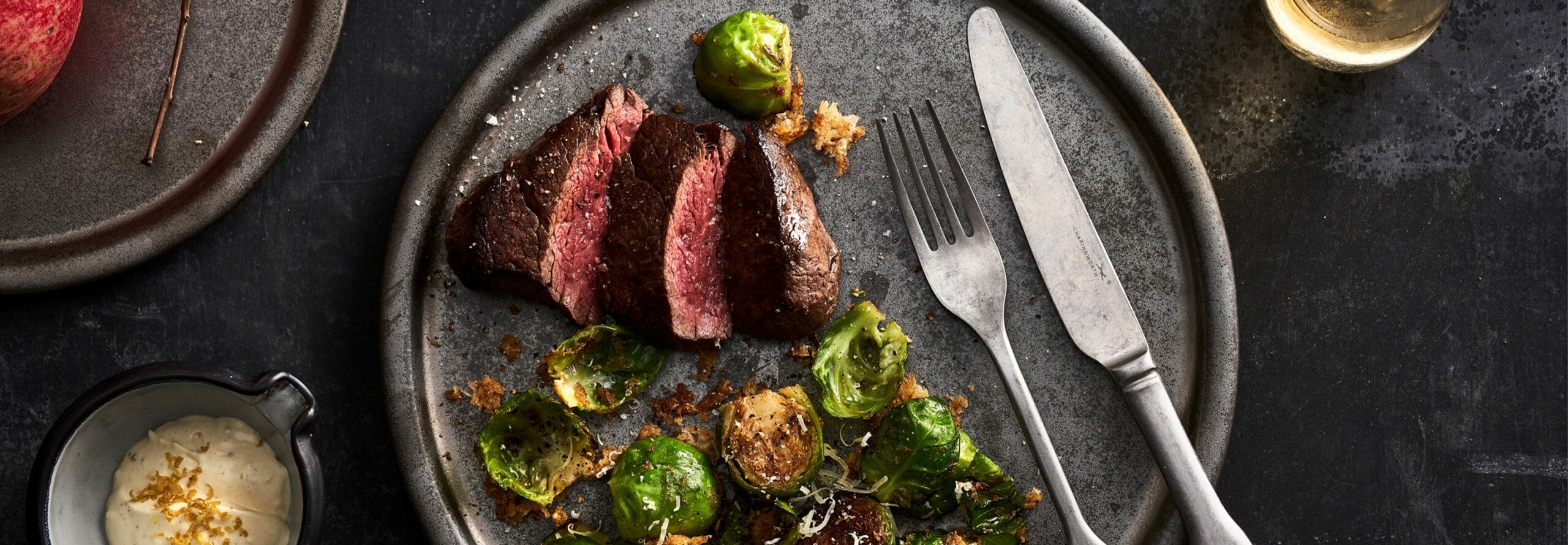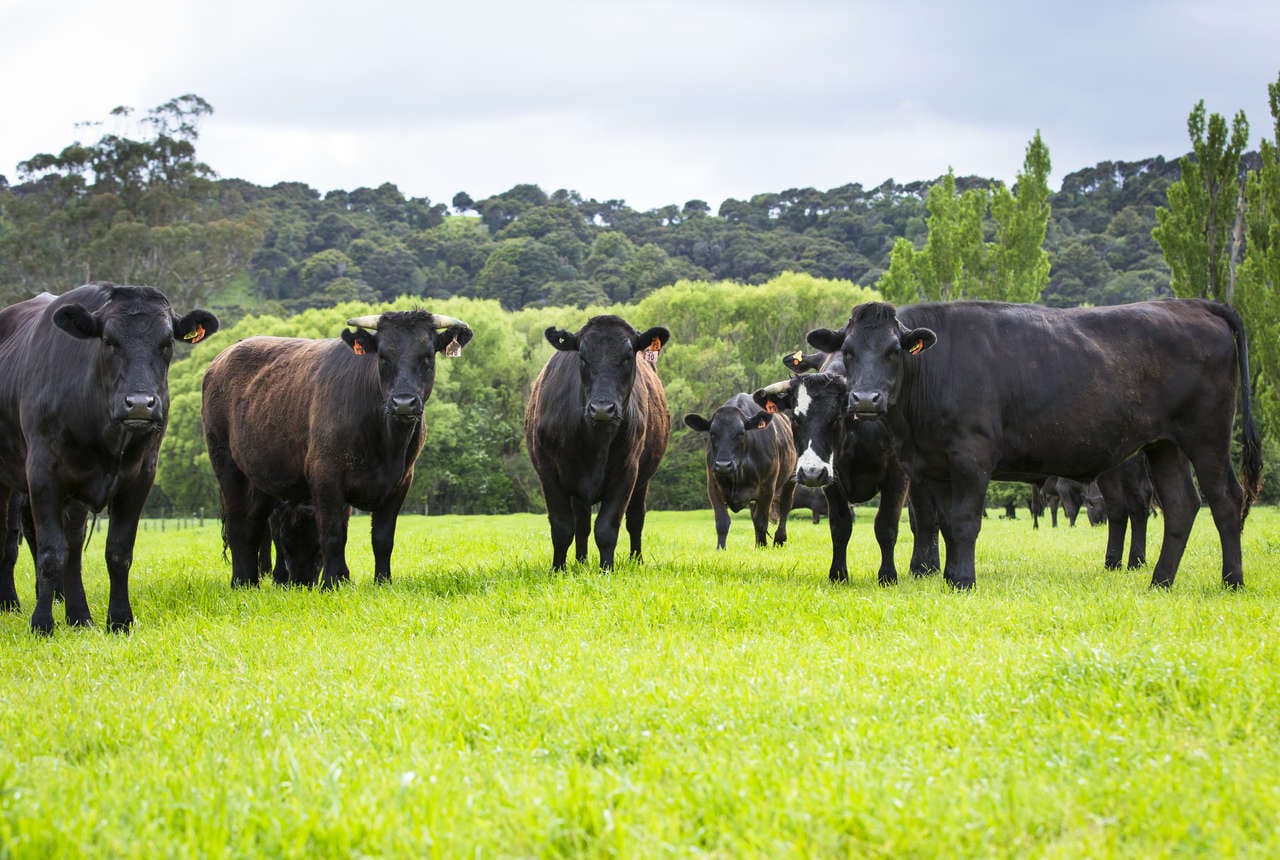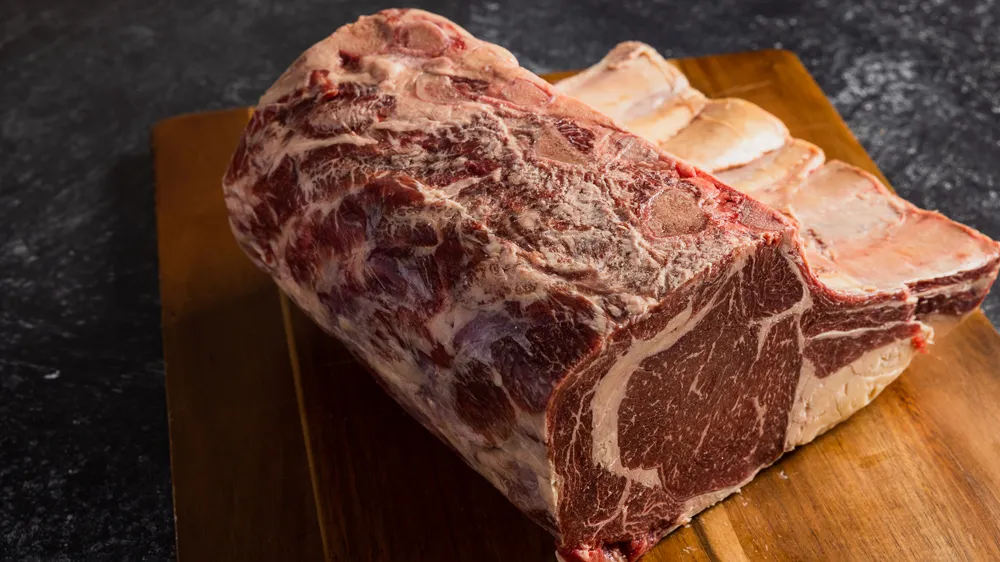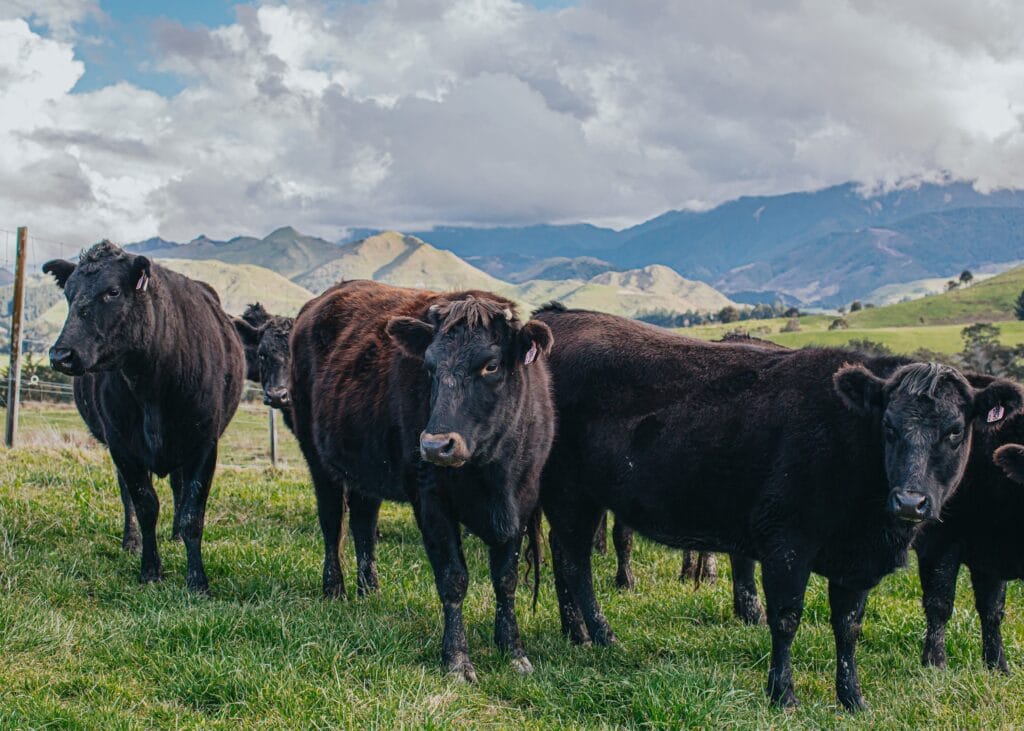
Partner programme sees ‘seismic shift’ in perception of New Zealand marbled grass-fed beef
A $23 million, seven-year partnership between the Ministry for Primary Industries (MPI) and key players in New Zealand’s premium grass-fed beef industry has wrapped up, with those involved hailing a number of key successes.
The Marbled Grass-Fed Beef (MGFB) programme aimed to capitalise on a rapidly growing global appetite for high-quality, humanely raised grass-fed beef. This was achieved by developing an integrated value chain to connect farmers in New Zealand with consumers across the globe.
Beginning in 2012, MPI contributed $11 million of funding to the programme, the balance coming from the three programme co-investors – Firstlight Foods, Firstlight Wagyu NZ Ltd and Brownrigg Agricultural Group.
The programme concluded late last year, and First Light’s Managing Director Gerard Hickey says it’s been a resounding success. “From the outset, the vision was for our delicious New Zealand beef to be prized globally as the best grass-fed beef in the world,” Gerard begins. “We’ve absolutely seen a seismic shift – particularly in the United States – in the perception of our product and its attributes. These include its marbling and associated eating quality, non-GMO and antibiotic free production, provenance, health benefits, and our ongoing focus on animal welfare.”
The First Light grass-fed Wagyu beef programme offers an innovative, transparent supply chain model to New Zealand farmers looking for guaranteed return on their investment linked to quality and performance. One feature of the MGFB programme was a focus on accessing the best Wagyu genetics to improve the elite sire selection process.
There has also been a reduction in the number of bobby calves as a result of the MGFB programme, which trialled using Wagyu genetics over dairy dams. This innovation delivers both an increased return to dairy farmers and consistent marble scores for the Wagyu x dairy progeny. “In 2019, dairy breeders were receiving approximately $200 per calf compared to $30 for a bobby calf,” says Gerard.
“Working hand-in-hand with the dairy industry, we’re able to ensure sufficient Wagyu x dairy calves are sourced each year to meet forecasted market demand. Around 22,000 calves were born last year and we’re expecting to grow that number to 30,000 in the future.”
Another success of the programme was the development of a short, direct value chain to both local and offshore consumers. New Zealand, the USA and the UK were selected to prototype a ‘Go Direct’ model, putting boots on the ground in these key markets and eliminating the margin usually taken by importers and distributors.
A subscription Wagyu service for a small number of high-net-worth individuals across the United States – named The Steak Club – markets high marble score Wagyu (MBS 6 and above) through a members-only app, allowing greater control of the messaging and positioning of the product and its unique story. In addition, Forbes magazine named First Light’s Wagyu ‘the best beef in the world’ in February 2019 – a coup for both the brand and the MGFB programme.
“Now, we are taking our learnings from the programme and applying them,” says Gerard. ”We have a proven model for the supply of calves from the dairy industry, a proven model to go directly to the markets we operate in, and the knowledge and insights to produce marbled grass-fed beef year-round.
“Each partner has work to do so that we continue to attract premium suppliers and develop new products to meet consumer demand. We also plan to lead the way on improving returns to farmers, enabling sustainable farming and maintaining our laser focus on quality, transparency, welfare and caring for the environment that nurtures and grows our world-famous beef.”
Steve Penno, Director Investment Programmes at MPI, says the programme has set the wheels in motion to achieve its long-term goal of developing a more sustainable prime beef industry. “Future opportunities to build on include attracting new suppliers, exploring new overseas markets, and continuing to explore ways to get maximum value from the whole carcass.”


